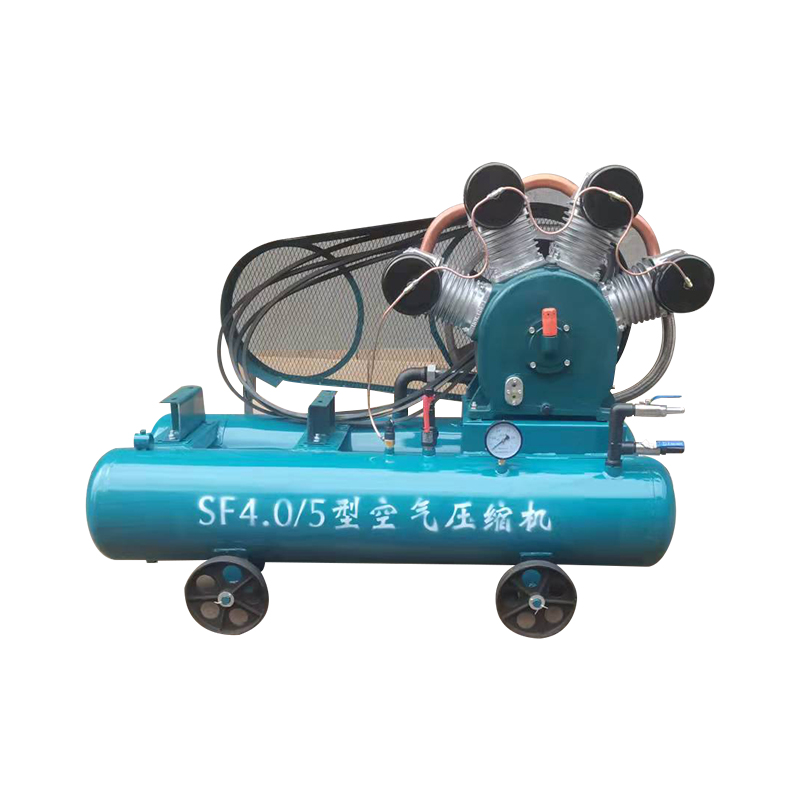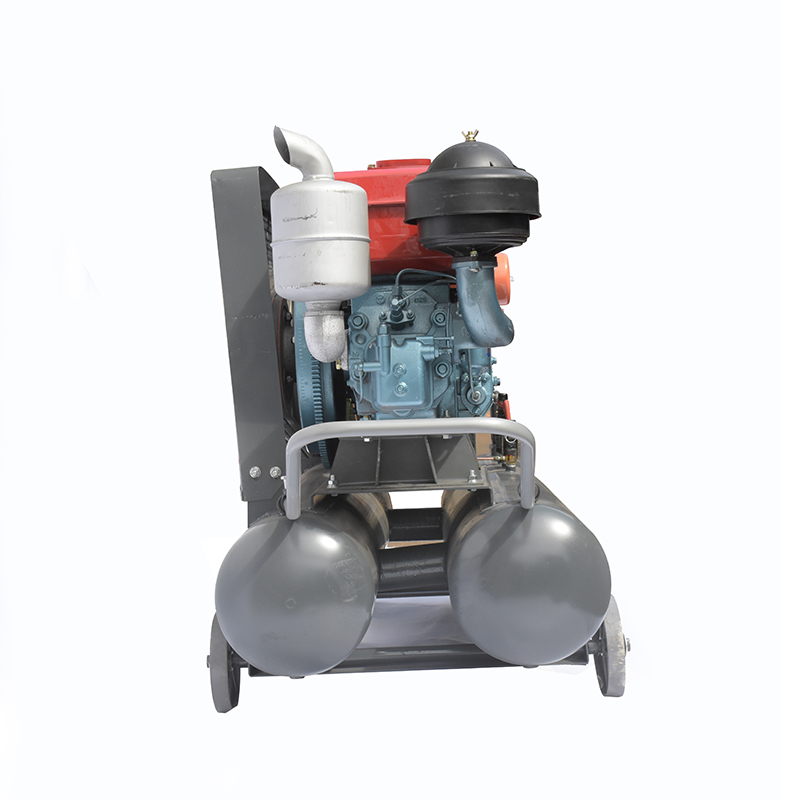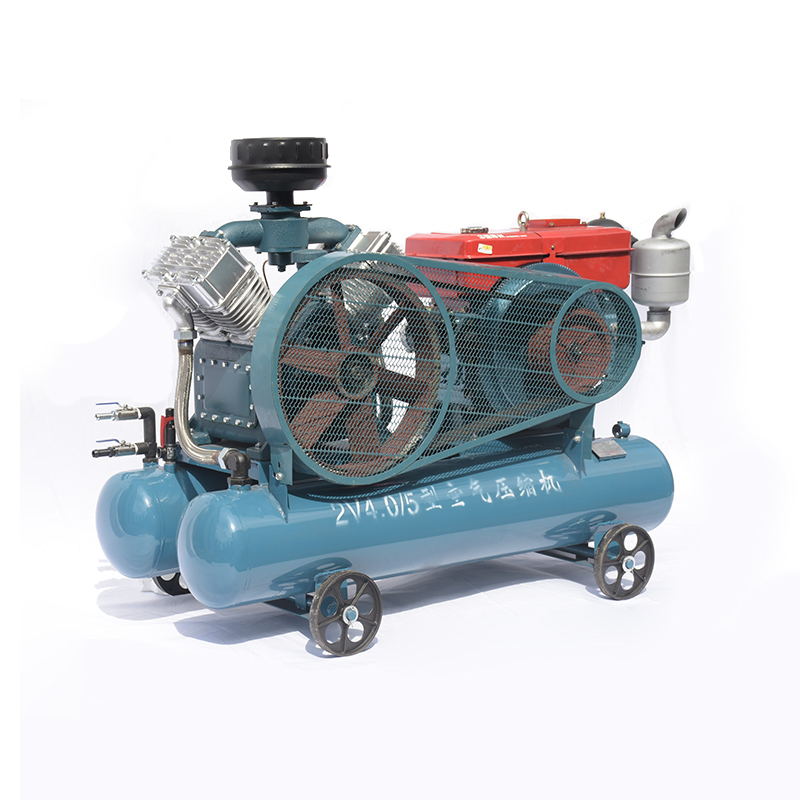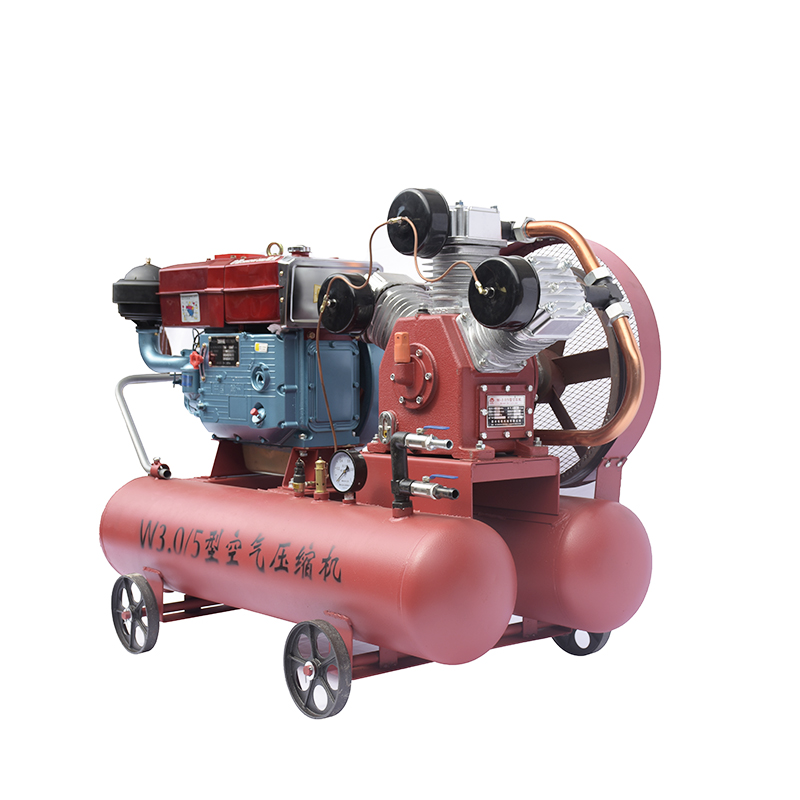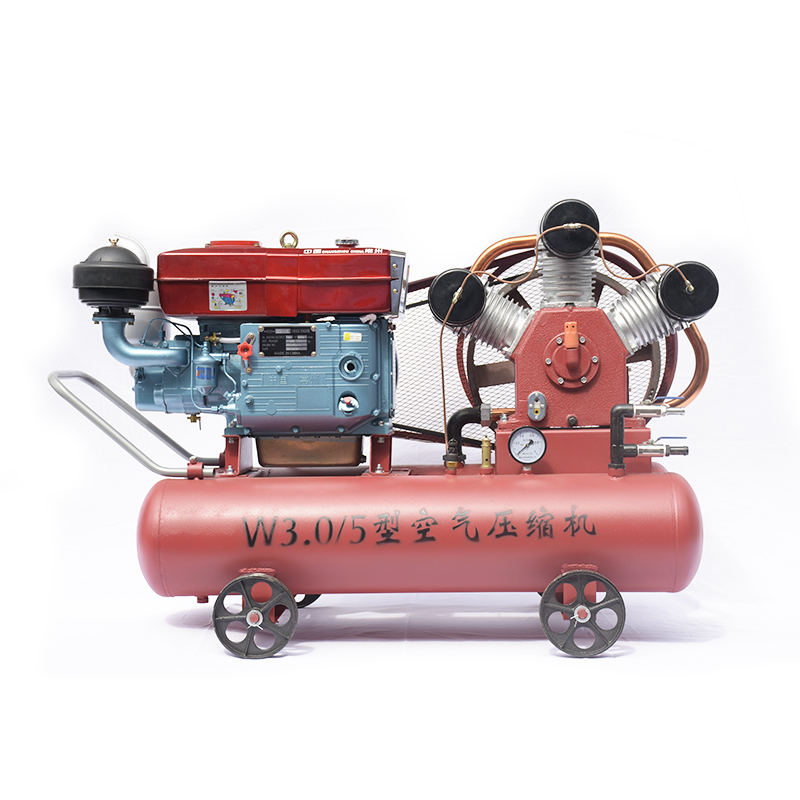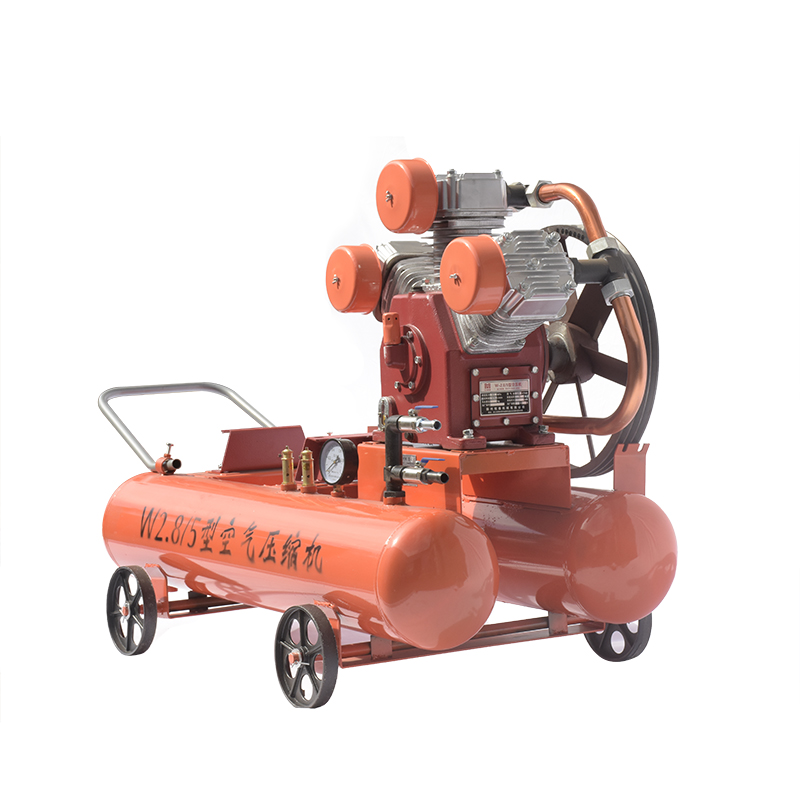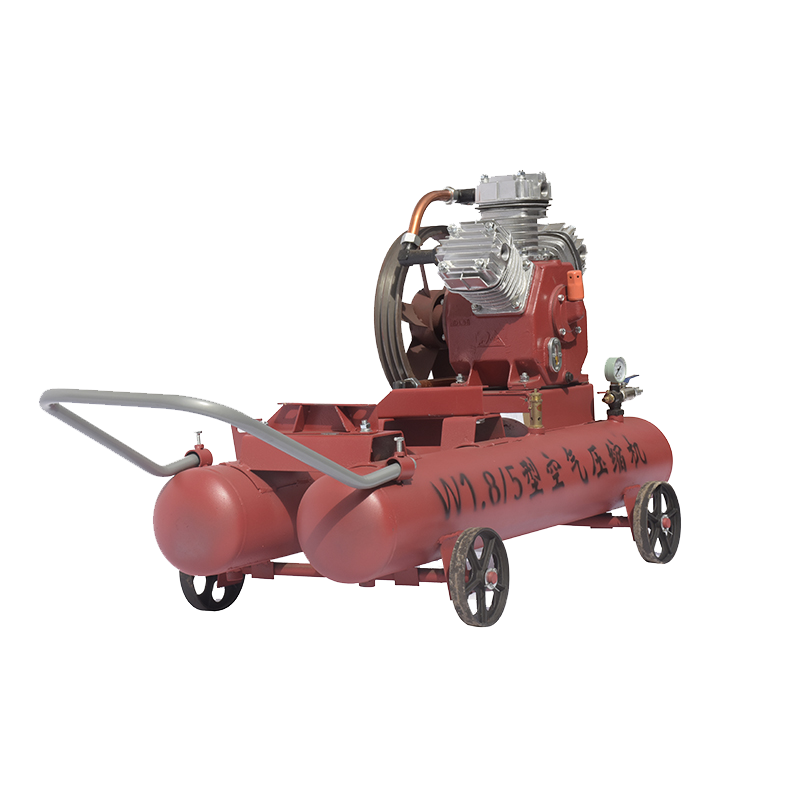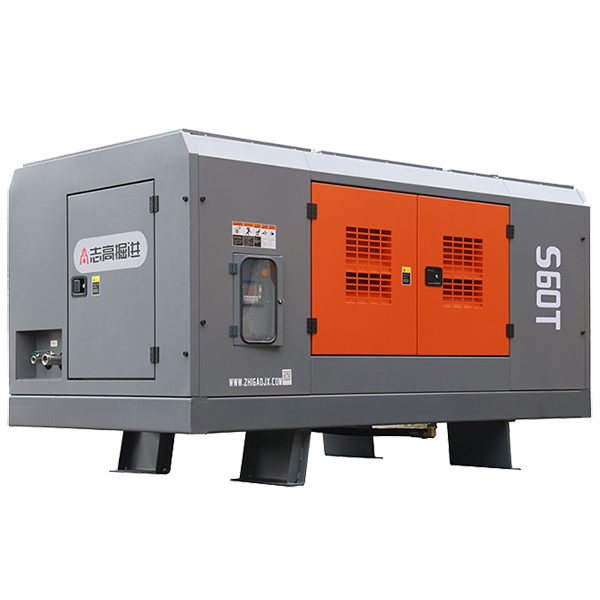Air compressors offer diverse uses acorss many different industries, and they are an invaluable tool to have on hand. From auto service centers to job sites, they provide the power needed for tools such as nail guns, spray guns, and impact wrenches. They also deliver clean, dry air for use in pneumatic applications. In order to determine which air compressor is best for the job at hand, it is important to factor in the size, power, and specific features. This article provides an overview of air compressors; the various types available; and advice on how to select the proper one.
Exploring the Power of an Air Compressor
A storage tank or container filled with pressurized air, generated by an electric motor or gasoline engine, is an air compressor. This compressed air can be used to power a range of tools, machinery, and applications in many industries like automotive repair, manufacturing, and construction. So, by harnessing the energy of electricity or fuel, potential energy is stored in form of pressurised air to perform tasks in myriad sectors.
Exploring the Varieties of Air Compressors
Air compressors come in many shapes and sizes, each offering its own benefits and drawbacks. Popular choices include reciprocating, rotary screw, and centrifugal kinds.
For automotive repair shops and other operations that call for high-powered, volume air, the piston-driven reciprocating air compressor stands out as an economical and accessible option. By using a single piston to squeeze the air inside the cylinder, it allows for the creation of air pressure necessary for optimal performance. Compared to other air compressors, reciprocating air compressors tend to be smaller and more cost-effective.
More powerful than their reciprocating counterparts, rotary screw air compressors feature two intertwined rotors to pressurize the air. Perfect for jobs that require substantial volumes of air, these compressors also boast a quieter operation and need minimal upkeep.
Industrial applications demand the most resilience and power when it comes to air compressors, and centrifugal compressors meet these requirements. Their impellers spin, creating a suction effect that pulls in and compacts air. Although its performance allows it to outperform most other air compressors, it also carries the highest price tag.
Discovering the Perfect Air Compressor for You
While browsing for your ideal air compressor, you must take into account a few essential elements. To begin with, identify the air compressor type that meets your needs. If portability is a factor, a reciprocating air compressor could be the solution. But if you seek power and optimal performance, a rotary screw or centrifugal air compressor might be a better pick for you.
You must assess the suitable proportions and potency of your air compressor next. This depends on the size of the tasks at hand and the utensils that are to be utilized. A tank with ample capacity will offer copious air release, while a studier engine will offer sturdier pressure.
Lastly, take a look at the features of the air compressor. Certain varieties might offer additional functionality, such as an automated power-off system, air filters, and regulators. These are not essential features, however they could enhance the performance of your process and make your job simpler and more productive.
Choosing the most suitable air compressor for a given task requires careful consideration of size, power, and features. Although three main types exist–reciprocating, rotary screw, and centrifugal–each has its distinct benefits and drawbacks. Before making a selection, assessing one’s needs as well as researching the available models is recommended to ensure the perfect air compressor is obtained for the job.
If you are looking to up the ante in your home or professional garage, an air compressor is just the ticket! These powerhouses offer the juice necessary to run a variety of pneumatic tools, like nail guns, paint sprayers, and air wrenches. If you’re new to this scene and aren’t sure where to go when it comes time to shop for one, this guide offers a convenient overview of the vital features you’ll thirst to examine.
The size and power of an air compressor dispenses with the principle of “one size fits all” and is customised to be flexible for various applications. If intending to use basic tools like a stapler or nail gun, then a solitary cylinder and a modest motor with 1-2 horsepower should meet the requirement. Conversely, for those aiming to utilise more demanding equipment such as an air wrench or spray painter, then a multi-cylinder device with considerable horsepower is the ideal option.
For efficient delivery of air to your tools, you must consider the size of the air compressor tank. Holding the compressed air that runs the tools, a bigger tank will make sure you can work on multiple projects consecutively without interruption. Thus, if you’re tackling a variety of tasks, opting for a larger air compressor tank is highly advised.
When selecting an air compressor, an important choice to make is the type. You have the option of oil-lubricated or oil-free. Oil-lubricated compressors need regular maintenance and oil changes to keep them running smoothly, while oil-free models are usually higher in reliability and require less upkeep.
To monitor the power of a compressor, consider the CFM (cubic feet per minute) rating. This figure reveals how much air the compressor is capable of releasing and, generally, the higher the CFM rating, the mightier the compressor. For standard residential and pastime applications, a compressor with an optimum CFM rating between 4-6 should meet expectations.
PSI, which stands for Pounds per Square Inch, is a rating that indicates the compressor’s real power. To be safe for most tasks around your home or lab, make sure your compressor is rated at least 90 PSI (pounds per square inch) up to 130. The higher the rating, the stronger the compressor.
If you are shopping for an air compressor, then one of the most important factors to consider is your budget. Options can span across a range of prices, from several hundred bucks to thousands, mainly depending on the compressor’s size and capacity. To ensure you’re getting the best bargain for the buck, make sure to shop around, performing adequate comparison between available prices.
Before you make the purchase of an air compressor, you must keep in mind several imperative aspects. Contemplate the magnitude and potency of the device, its tank size, the variety of compressor, its CFM and PSI qualifications, and your allowance. By giving due consideration to these components, you should be able to obtain the ideal air compressor suited to your demands.
Post time: 2023-08-06


